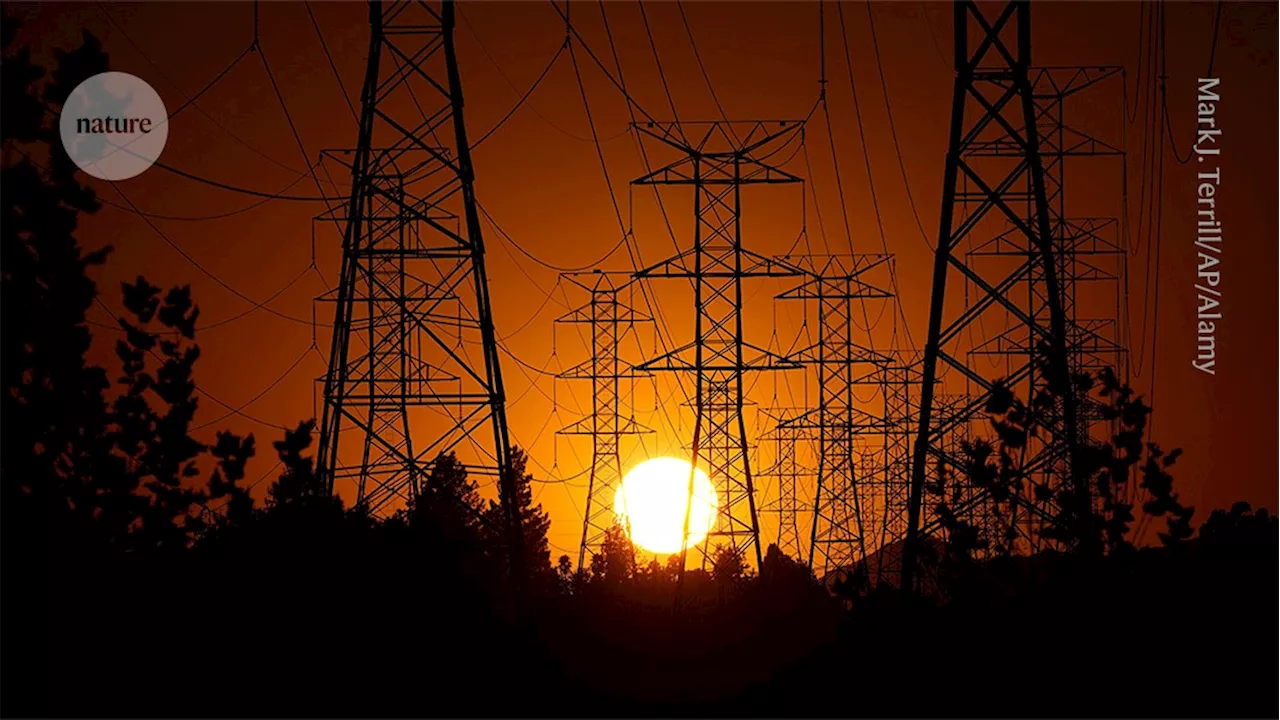Flu cases are on the rise, and the majority of the country is experiencing high levels of flu activity. This flu season is dominated by influenza A variants. We explain the differences between flu A and flu B, their symptoms, severity, and how to protect yourself.
Flu cases and hospitalizations are on the rise, and the majority of the country is experiencing high, very high, or moderate flu activity, according to recent estimates from the CDC . This flu season is dominated by influenza A variants, says Dr. Sean T. Liu, associate professor of medicine at the Icahn School of Medicine at Mount Sinai. The CDC notes that H1N1- and H3N2-related variants, both type A flu strains, are the most prevalent flu viruses circulating.
But what does it mean to have a flu A or flu B season? Do these types of flu have different symptoms? And does one cause more severe illness than the other? Experts have been studying influenza for years, but there are still ways this virus can surprise us. What we commonly call 'the flu' isn't a single strain. 'Influenza is a family of viruses — a group that shares similarities in how their biology works,' Dr. Stuart Ray, professor of medicine and oncology at Johns Hopkins University School of Medicine, tells TODAY.com. Different lineages of influenza have risen and persisted, similar to how other viruses work, like the coronavirus, Ray explains. The two most severe and common flu strains are type A and type B. There's also type C influenza, but it's less common and doesn't follow the same seasonal patterns as the other two, Ray says. Flu A is generally more severe, Ray says, and only influenza A has been known to cause pandemics — including the 1918 flu pandemic. Influenza B only infects humans, he explains, “so it changes more slowly and it tends to be milder.” But on an individual level, influenza B infections can become just as severe. When it comes to type A versus type B flu, the timing isn't always predictable, Liu says. Flu season typically starts around October and goes through February or March, he says, but can last through April. 'Different seasons can be different,' Ray agrees, and flu cases don't always spike at the same time of year. But, in general, 'during the respiratory (virus) season, we tend to see A coming up earlier,' Ray explains, 'and then the tail of the epidemic tends to be influenza B.' Whether you have influenza A or B, you can expect to develop the same general set of symptoms, the experts say. In fact, experts sometimes use the term 'flu-like illness' to refer to other diseases because 'influenza is sort of the prototype' of a fever-causing respiratory illness, Ray explains. The flu can also cause a general feeling of fatigue or malaise, Ray says, as well as gastrointestinal issues like diarrhea and nausea, especially among children. As with COVID-19, some people also experience a loss of taste and smell. But, if you're comparing flu A vs. flu B, it's impossible to tell which strain you have based just on your symptoms. 'They're clinically indistinguishable on a case-by-case basis,' Ray says. 'So when we see someone, we have to test them to see whether they have A or B.' Flu vaccines protect against a set of influenza A and B variants every year, the experts say. 'Every year, the community, including groups from CDC, work hard to do surveillance worldwide and locally to get a sense for what's circulating and what's likely to circulate,' Ray says. Vaccine makers choose one variant of type A H1N1, a variant of H3N2, and a B flu strain from a particular lineage. Previously, they also included a B strain from another lineage, called Yamagata, but that strain is now thought to be extinct thanks to COVID-19 safety measures like social distancing and masking, Liu says. There are precautions you can take to protect yourself from the flu, the experts say. That includes washing your hands or using hand sanitizer and wearing a mask in public areas or at your doctor's office. There are combination at-home tests available now that can detect the viruses that cause the flu. There are also antiviral treatments available for the flu, Liu says, which tend to be most crucial for those with certain underlying health conditions that predispose them to severe flu complications. That includes people with heart failure or chronic obstructive pulmonary disorder, for instance, as well as those who take any immunosuppressive medications. The drug amantadine, which was once used to treat flu infections, is no longer used for that purpose, he explains. And the options available today, such as oseltamivir (Tamiflu) are effective against A and B variants.
Flu Influenza A Influenza B Flu Season Symptoms Prevention Antiviral Treatments Public Health CDC Healthcare
United States Latest News, United States Headlines
Similar News:You can also read news stories similar to this one that we have collected from other news sources.
 Derrick Brown Reflects on 2023 Season and Panthers' Historic 2024 Defensive StrugglesThis article discusses Carolina Panthers defensive lineman Derrick Brown's experience with a season-ending injury in 2023 and his team's historically poor defensive performance in 2024.
Derrick Brown Reflects on 2023 Season and Panthers' Historic 2024 Defensive StrugglesThis article discusses Carolina Panthers defensive lineman Derrick Brown's experience with a season-ending injury in 2023 and his team's historically poor defensive performance in 2024.
Read more »
 Flu Season is Here: Understanding the Differences Between Flu A and Flu BThe US is experiencing a surge in flu cases, primarily driven by influenza A strains. This article delves into the differences between flu A and flu B, including their severity, symptoms, and prevention strategies.
Flu Season is Here: Understanding the Differences Between Flu A and Flu BThe US is experiencing a surge in flu cases, primarily driven by influenza A strains. This article delves into the differences between flu A and flu B, including their severity, symptoms, and prevention strategies.
Read more »
 Flu Season 2023: What to Know About Type A vs. Type BThis article breaks down the differences between influenza A and B, their symptoms, severity, and prevalence during the current flu season. It also discusses flu vaccines, prevention measures, and treatment options.
Flu Season 2023: What to Know About Type A vs. Type BThis article breaks down the differences between influenza A and B, their symptoms, severity, and prevalence during the current flu season. It also discusses flu vaccines, prevention measures, and treatment options.
Read more »
 Earth shattered heat records in 2023 and 2024: is global warming speeding up?Nature examines whether the temperature spike is a blip or an enduring — and concerning — trend. Nature examines whether the temperature spike is a blip or an enduring — and concerning — trend.
Earth shattered heat records in 2023 and 2024: is global warming speeding up?Nature examines whether the temperature spike is a blip or an enduring — and concerning — trend. Nature examines whether the temperature spike is a blip or an enduring — and concerning — trend.
Read more »
 Alaska sees increase in population from 2023 to 2024The state of Alaska saw an increase in population of 0.31% from 2023 to 2024, despite more people leaving the state than entering it.
Alaska sees increase in population from 2023 to 2024The state of Alaska saw an increase in population of 0.31% from 2023 to 2024, despite more people leaving the state than entering it.
Read more »
 2025 Box Office Looks To Rebound With Stronger Start Than 2024 & 2023 As Ticket Sales IncreaseSophie Thatcher from Companion Keke Palmer from One of Them Days and Dog Man arranged in front of money
2025 Box Office Looks To Rebound With Stronger Start Than 2024 & 2023 As Ticket Sales IncreaseSophie Thatcher from Companion Keke Palmer from One of Them Days and Dog Man arranged in front of money
Read more »
